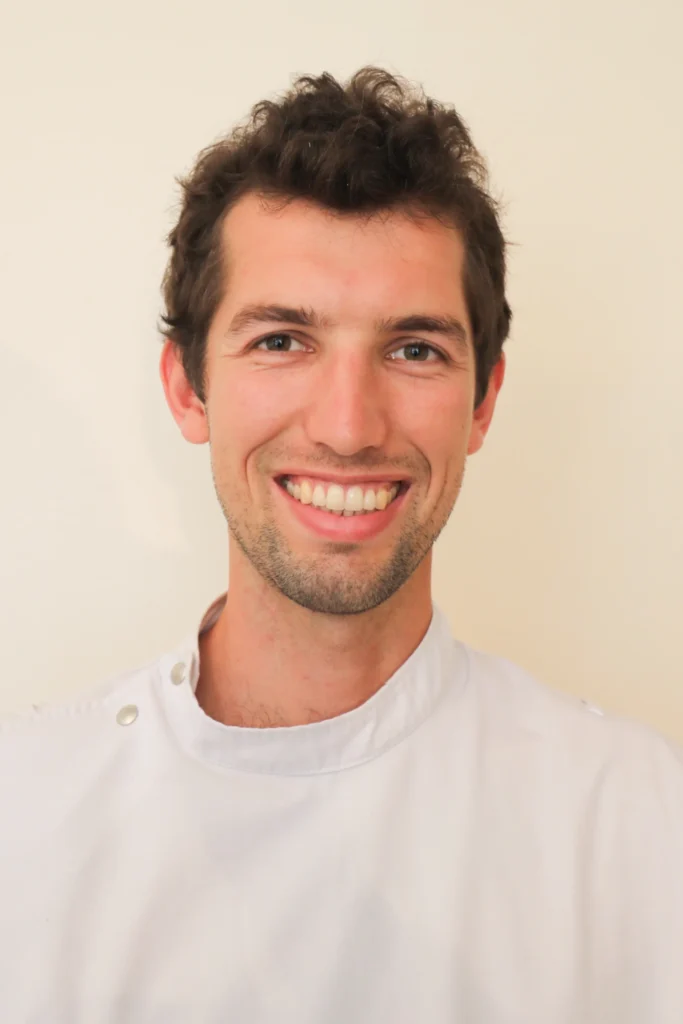Applied Kinesiology (AK) is a non-invasive, effective diagnostic system using muscle testing. AK may be used to help identify both the causes of a particular issue and the most appropriate therapy necessary.
AK is therefore of great value in a range of therapies, e.g. Osteopathy, Herbal Medicine, Bach Flower Remedy and Homeopathy.
Applied Kinesiology in more detail:
Applied Kinesiology uses muscle tests, along with other standard medical tests, to establish what your body ‘knows’ about why you are sick or in pain. It can be used as a tool to aid diagnosis of presentations seen by Osteopaths, Herbalists, and Acupuncturists.
The use of manual muscle testing to evaluate body functions as expressed through neuromuscular pathways was introduced by George Goodheart, a chiropractor, in 1964. Applied Kinesiology knowledge has continued to expand to provide an additional dimension to diagnosis of human dysfunction.
Applied Kinesiology is an excellent tool for evaluating the impact of the nervous system on many endogenous and exogenous stimuli. It is indeed adding new dimensions to diagnosis.
The great advantage of Applied Kinesiology is that the practitioner no longer needs to rely entirely on chemicals or invasive technology to treat a patient.
Applied Kinesiology gives a better insight into body function, but it must be emphasized that it does so in conjunction with standard diagnostic tests: X-rays, MRIs, physical diagnosis, a patient’s case history, blood tests etc. Applied Kinesiology examination both enhances the standard diagnosis and is enhanced by standard diagnosis.
Applied Kinesiology enables a skilled practitioner to evaluate exactly what needs to be treated, and also whether the treatment was effective. It can often aid in solving a difficult or longstanding health problems that have remained hidden from other methods of diagnosis.
A basic principle of Applied Kinesiology is that the body is self-correcting and self-maintaining. As George Goodheart, DC, the originator of the approach, said: diagnose the need, supply the need, and observe the results.
At its core, Applied Kinesiology uses the precise tool of muscle testing. This has been described as functional neurology, because muscle testing provides the opportunity to observe the workings of the nervous system, allowing diagnosis of an unparalleled accuracy and refinement.
Applied Kinesiology had a simple beginning in 1964, based on the concept that antagonistic muscle weakness is involved in most muscle spasms and, indeed, is primary. From those early observations, the system has broadened to encompass many aspects of body function.
Applied Kinesiology is based on the understanding that body language never lies. Manual muscle testing, as an indicator of body language, enhances one’s ability to observe function and change. The body can heal itself in a sure, sensible, practical, reasonable and observable manner. Applied Kinesiology is one very useful diagnostic tool when used in skilled hands along with other more conventional medical approaches, which allows us to find and remove many of the biomechanical, biochemical or emotional blocks to healing.
In short, Applied Kinesiology is a system using muscle testing as functional, neurological evaluation. The methodology is concerned primarily with neuromuscular function as it relates to the structural, chemical and mental physiological regulatory mechanisms.
Because of its diagnostic role, Applied Kinesiology as taught by the International College of Applied Kinesiology (ICAK), the research and educational regulating body, is only taught to health professionals trained in diagnostic methodology with a minimum of four years undergraduate education such as Osteopaths, Chiropractors, Dentists, and Medical Doctors etc.
Professional Applied Kinesiology Research
As your AK practitioner may ask you to undress to your underwear, please ensure you are wearing something that you are comfortable with.
For females, we recommend sports shorts and a sports bra. If you are not comfortable undressing, just let your practitioner know and he or she will work around this.
Before your first consultation, there will be a GDPR and Consent Form emailed to you. Please fill this in before the consultation.

Osteopath, Medical Herbalist & Applied Kinesiologist

Aston Clinic London is a third-generation complementary health clinic based in New Malden and serves the local areas of Kingston, Wimbledon, Raynes Park, Surbiton, Thames Ditton, Hampton Court, Chessington, Worcester Park, Sutton, Morden, Richmond, Putney, Teddington, Twickenham and other areas of southwest London and Surrey.
We use cookies to improve your experience and understand how our site is used. With your consent, we may process data such as browsing behaviour or unique IDs. You can withdraw or change your consent at any time. Without consent, some features may not work as intended.